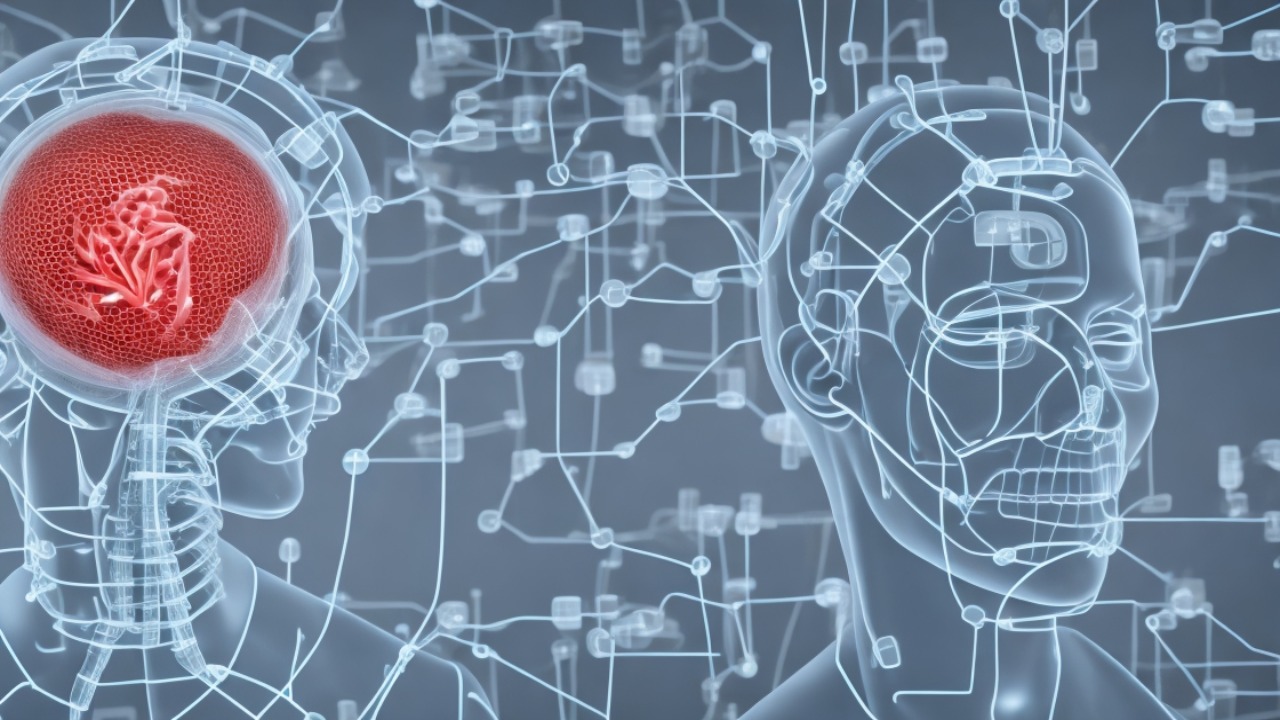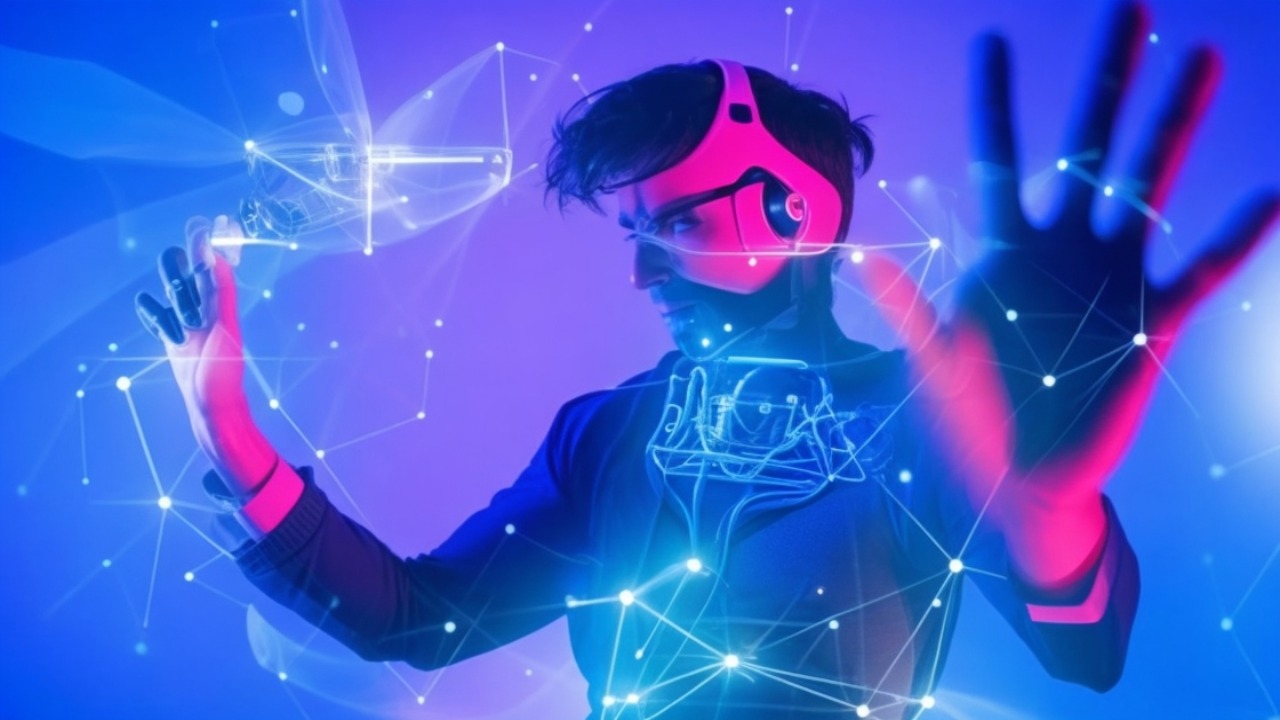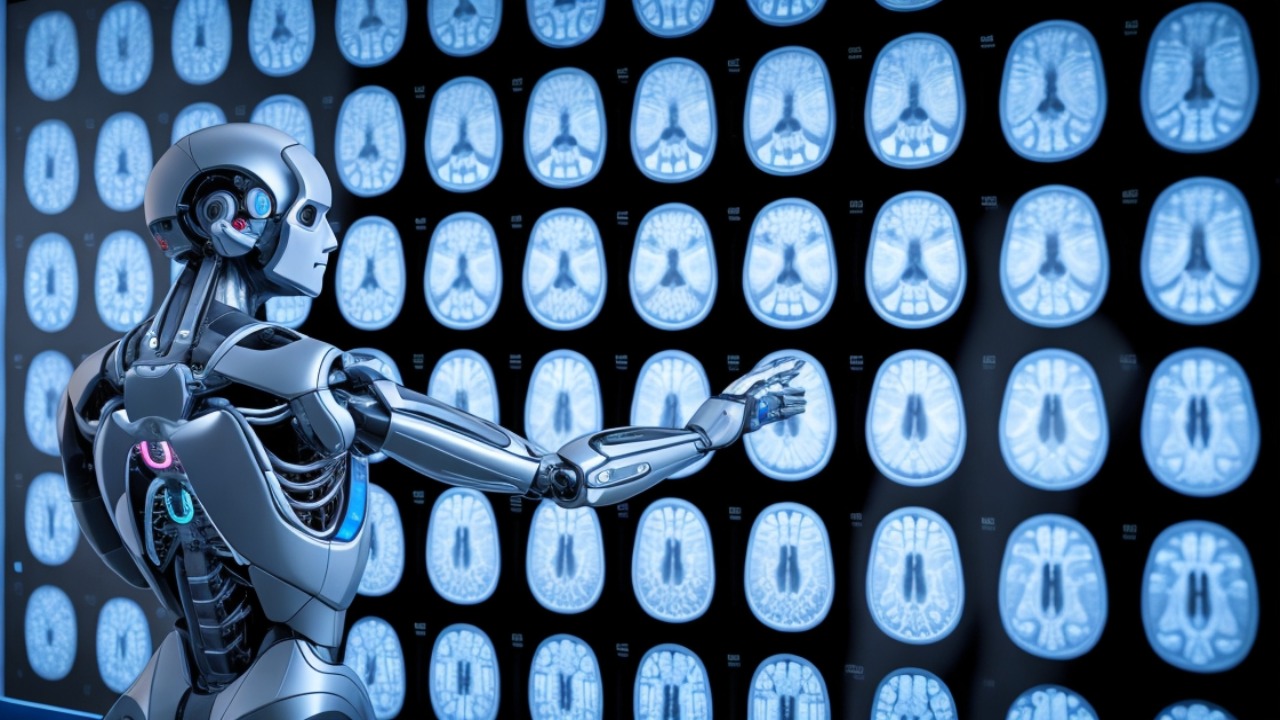Welcome to the world of AI in healthcare, where cutting-edge technology is transforming the way we diagnose, treat, and care for patients. Artificial Intelligence (AI) has emerged as a powerful tool in the medical field, revolutionizing the diagnostic process and enhancing patient care. In this article, we will delve into the incredible potential of AI in healthcare and explore its various applications. We will also discuss the ethical considerations and challenges that come with integrating AI into healthcare systems. So, let’s embark on this journey and discover everything you need to know about AI in healthcare.
Understanding AI in Healthcare
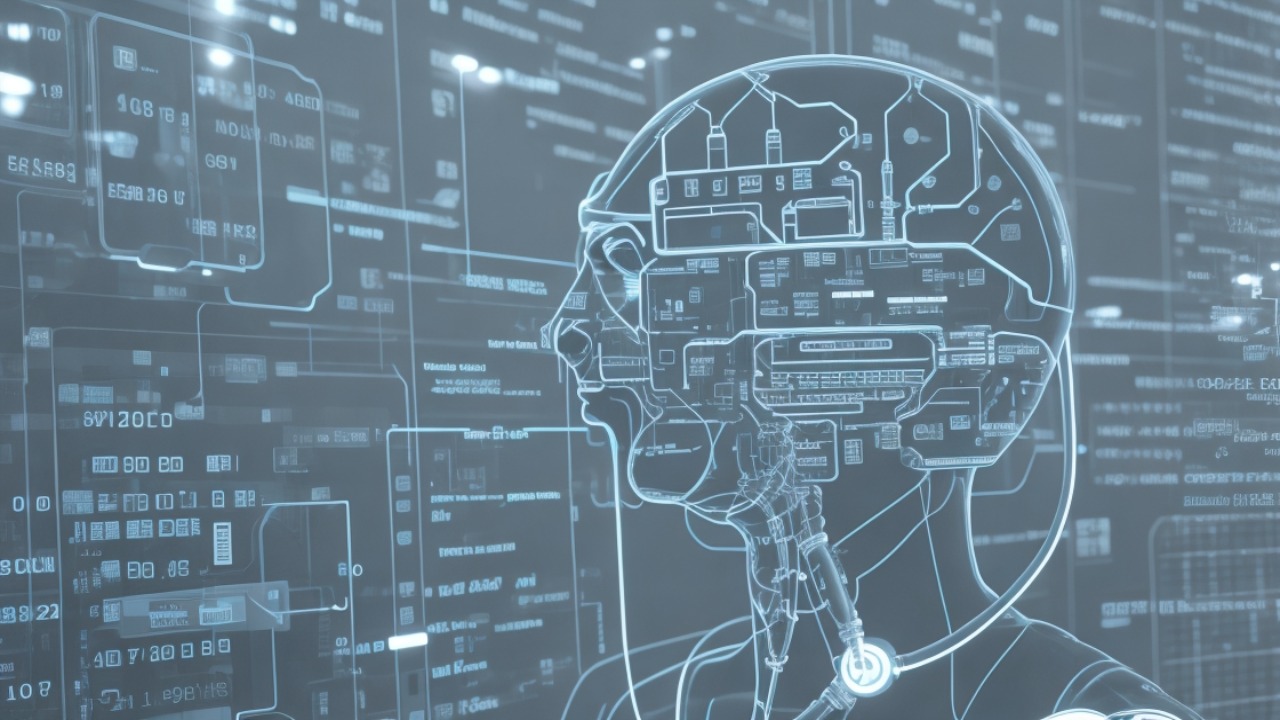
First and foremost, it’s essential to understand what AI actually means in the context of healthcare. AI refers to the development of intelligent machines that can perform tasks and make decisions that would typically require human intelligence. In healthcare, AI is employed to analyze vast amounts of data, detect patterns, and provide valuable insights to doctors and medical professionals.
The applications of AI in healthcare are vast and varied. It can help diagnose diseases more accurately, develop personalized treatment plans, improve patient monitoring, and even predict disease outcomes. AI algorithms have the potential to analyze medical imaging data, such as X-rays and MRIs, with impressive accuracy, aiding in the early detection and treatment of various conditions.
One such example of AI-powered healthcare technology is “firstcheck,” a diagnostic tool that allows patients to perform preliminary checks on their symptoms using their smartphones. Through a simple process, users can take pictures of their symptoms and receive an instant analysis and recommendation. This innovative tool saves time for patients, enables early intervention, and empowers individuals to take charge of their health.
AI-Powered Diagnostic Tools
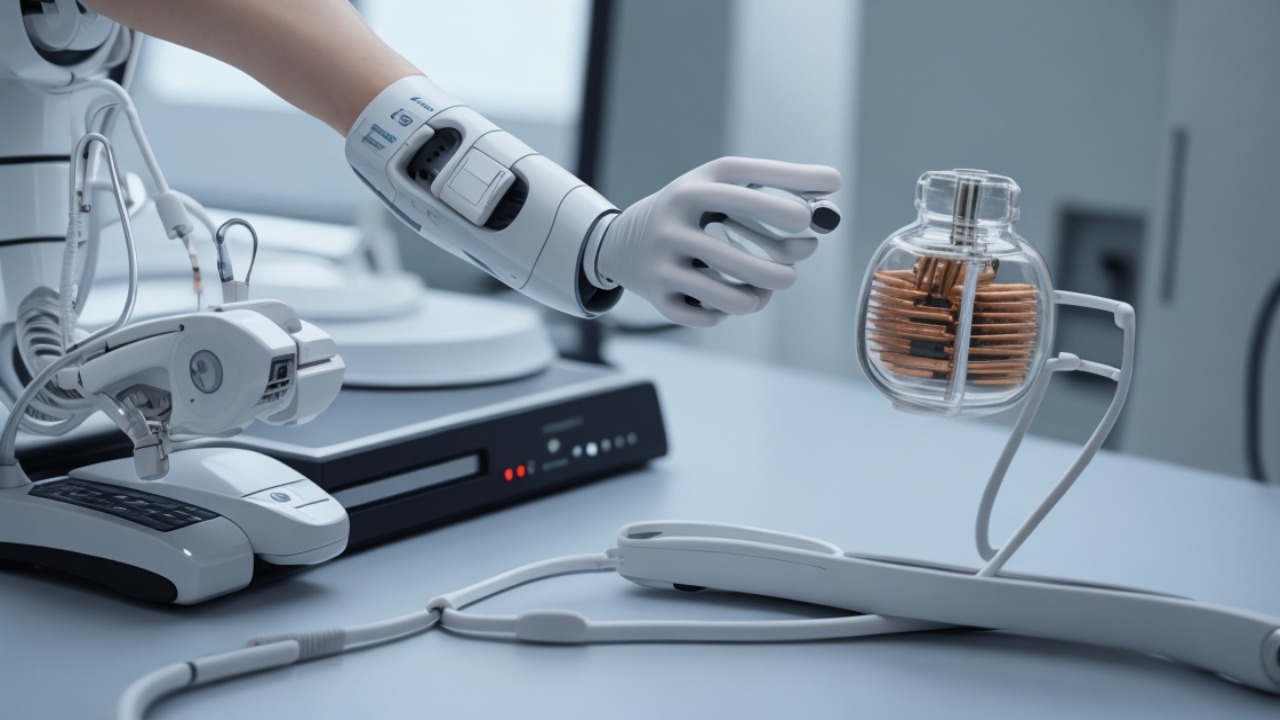
AI-powered diagnostic tools like “firstcheck” and “skinscope” are transforming the field of healthcare diagnostics. These tools harness the power of AI to assist in the identification and diagnosis of various conditions, including dermatological problems.
“Firstcheck” combines AI technology with smartphone capabilities to provide users with on-demand access to medical professionals. By taking photos of their skin concerns, users receive expert opinions and recommendations within hours. This tool not only saves time and money but also ensures convenience and peace of mind for patients.
Similarly, “skinscope” utilizes AI algorithms to analyze skin images and identify potential problem areas. By analyzing texture, color, and other visual cues, the tool assists dermatologists in making accurate diagnoses and recommending appropriate treatments. The integration of AI in these diagnostic tools significantly enhances the accuracy and efficiency of the diagnostic process for dermatological conditions.
The accuracy rates of AI-powered diagnostic tools are constantly improving, thanks to the advancement of machine learning algorithms. These tools are trained using vast datasets, allowing them to recognize patterns and anomalies that may go unnoticed by human eyes. The integration of AI in healthcare not only increases diagnostic accuracy but also enables timely interventions, potentially saving lives.
Enhancing Patient Care with AI
AI is revolutionizing patient care in healthcare settings by providing personalized treatment plans and predicting disease outcomes. By analyzing large amounts of patient data, AI algorithms can create tailored treatment regimens based on an individual’s unique characteristics and medical history.
Moreover, AI-powered systems can monitor patients remotely, ensuring continuous care and early detection of any concerning changes in health conditions. For instance, “firstcheck” plays a crucial role in the early detection and prevention of diseases by enabling users to monitor changes in their skin over time. Any suspicious changes can be promptly addressed, leading to early intervention and potentially better health outcomes.
Personalized medicine and treatment plans are no longer a distant possibility, thanks to AI. The integration of AI in healthcare has the potential to revolutionize the patient-doctor relationship, as doctors can focus more on providing holistic care and have access to valuable insights that can guide their decision-making process.
Ethical Considerations and Challenges
As with any technological advancement, AI in healthcare brings along ethical considerations and challenges. One of the primary concerns is privacy and data protection. AI algorithms require access to vast amounts of patient data to function effectively. However, ensuring the privacy and security of this sensitive information is of paramount importance.
Additionally, there is a risk of biased or discriminatory outcomes from AI algorithms. Since these algorithms learn from existing data, they may inadvertently perpetuate biases present in the data itself. To prevent such biases and ensure fairness, it is crucial to regularly evaluate and update AI algorithms and establish ethical guidelines for their development and deployment.
Integrating AI into existing healthcare infrastructure can also be a challenge. It requires significant investment, both in terms of finances and training for medical professionals. Collaboration between technology experts and healthcare professionals is vital to overcome these challenges and ensure a seamless integration of AI into healthcare systems.
The Future of AI in Healthcare
The future of AI in healthcare is full of promise and potential. Advancements in AI technology will continue to drive innovation in the field, leading to improved patient outcomes, reduced healthcare costs, and enhanced efficiency.
We can expect to see advancements in areas such as robotic surgery, chatbot-assisted patient support, drug discovery, and more. AI has the power to complement the expertise of healthcare professionals, taking patient care to new heights.
However, it is crucial to strike a balance between the use of AI and maintaining the unique human element in healthcare. While AI can provide valuable insights and recommendations, the compassionate touch of a healthcare professional cannot be replaced. The future of AI in healthcare lies in collaboration between humans and machines, where both work in harmony to deliver the best possible care to patients.
So, as we conclude this journey into the world of AI in healthcare, let’s not forget the remarkable contributions of tools like “firstcheck” and “skinscope” that are revolutionizing diagnostics. These AI-powered technologies are paving the way for a future where healthcare is more accessible, accurate, and personalized.
